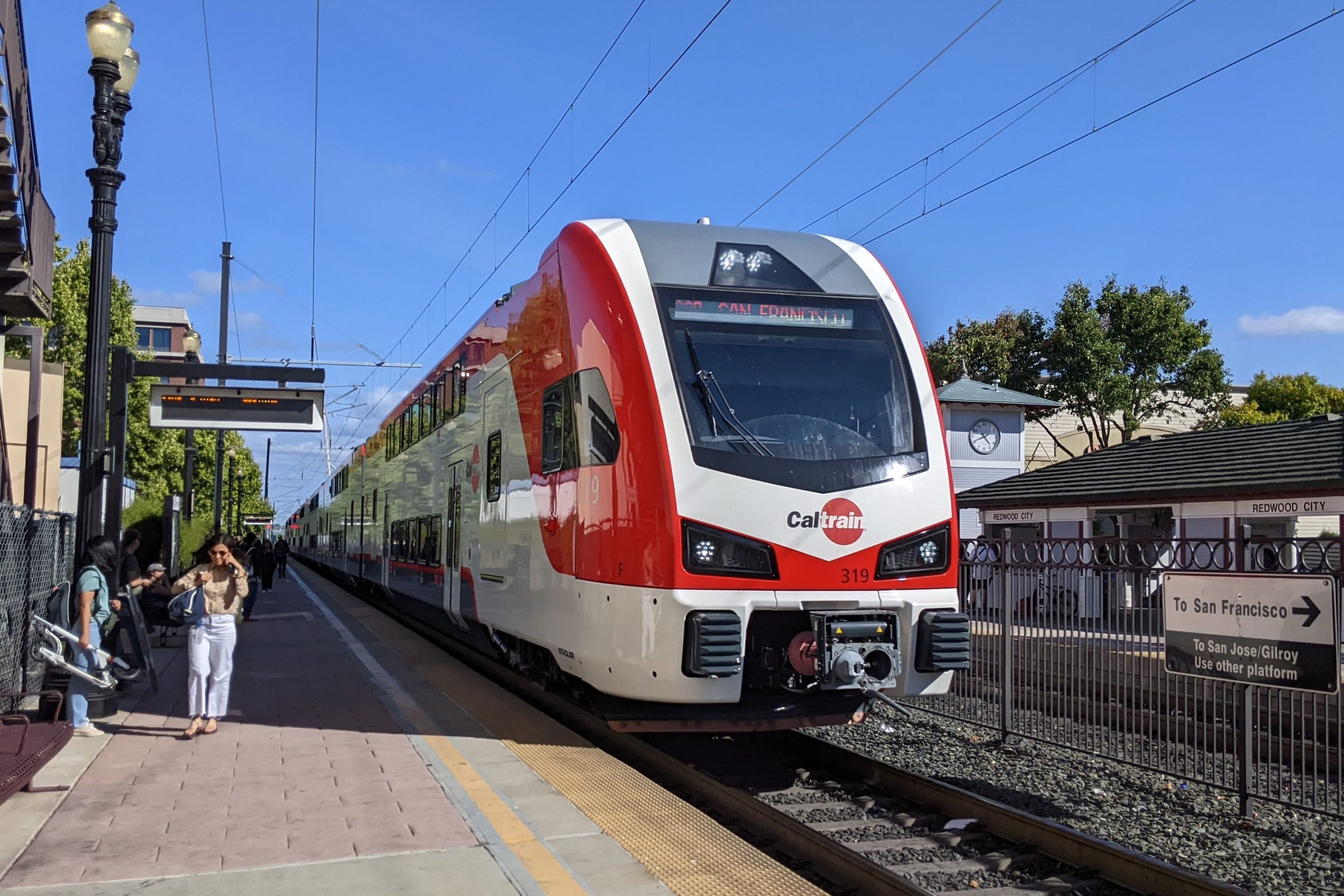Did you need another reason to be disappointed in the federal government? Well today’s your lucky day!

Remember when we talked about how subsidies should only be used to encourage behaviors beneficial to society. Well, Washington didn’t get the message. Congress is about to let a tax break for transit riders expire while allowing an effective increase in the tax break for commuter parking.
The federal government is essentially bribing people to drive cars. Commuters who drive to work will see their monthly parking benefit increase $10, to a maximum of $240. Meanwhile, those who choose a healthier, safer and more cost-effective alternative — transit — will see their tax benefit drop from a maximum of $230 to $125.
This is what you might call bad policy, says Matt Nelson at Network blog California Streets Blog:
Parity between the two tax benefits was established in 2010, but that provision expires this year. Now, as our cities cut transit services and increase fares, the government is set to impose a de facto fare increase on commuters using this benefit. They are undermining transit systems that are publicly owned by providing financial incentives to drive. This causes increased wear and tear on publicly owned roads, not to mention the negative effect suburban commuters have on a city’s pedestrian and transit conditions. The incentives are all wrong – these commuter tax breaks should encourage drivers to switch to high-capacity and often underutilized public transit systems while taking pressure off our traffic-clogged freeways.
To demonstrate just how lopsided this policy is, I took a look at the cost of a monthly parking pass at San Francisco’s Fifth and Mission Garage – for the sake of this exercise, let’s say a commuter from Santa Clara parks here Monday through Friday while working at her job South of Market. The monthly rate for a reserved spot at this garage is $325, meaning our Santa Clara commuter will get a 74% monthly subsidy from the federal government for the cost of her parking if she takes advantage of the 2012 tax break. The other option for our Santa Clara commuter is to take Caltrainfrom Santa Clara to 4th and King streets, and then take Muni to her job South of Market – the monthly Caltrain and Muni pass for this trip is $289. Taking advantage of the projected 2012 transit tax break assuming no congressional action, her monthly trip is subsidized at a rate of only 42% percent. The incentive to drive is clear.
Transportation for America is asking its supporters to write their lawmakers to oppose this backward policy.
Elsewhere on the Network today: The Active Transportation Alliance says that adding a few bike lanes to 4,000 miles of roadways does not constitute a “war on cars,” despite what the Chicago Tribune says.BTA Oregon has the perfect argument to convince skeptics of the need to make cities more bike-friendly. And WalkBikeJersey outlines a case where cycling advocacy prevented a community from imposing a sidewalk ban.





